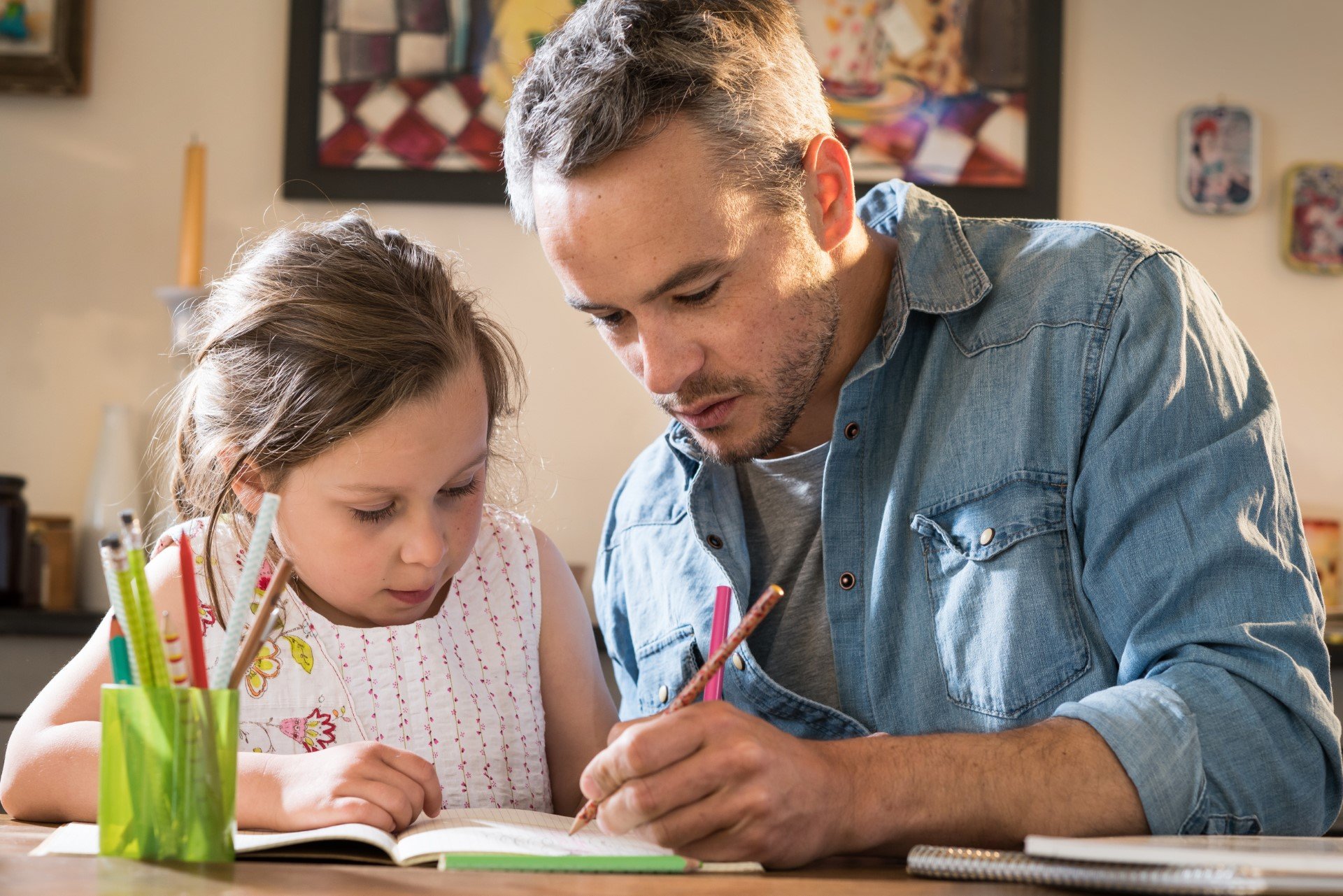Parent Guide: Preparing Your Child for Dual-Language Education
Embarking on the journey of dual-language education is a meaningful step for families looking to enrich their children's academic and cultural development. Parents in Venice, Santa Monica, and Marina del Rey are increasingly recognizing the importance of bilingual education, particularly at RUSAC, where Russian and English open doors to broader opportunities. Here’s a practical guide for parents to help their children thrive in this unique and rewarding educational experience.
1. Foster a Positive Attitude Toward Both Languages
Lead by Example:
Encourage your child to embrace both languages by demonstrating your own enthusiasm. If possible, speak Russian or English at home, or at least show interest and curiosity about learning new words together.
Highlight Benefits:
Discuss the cognitive and cultural benefits of bilingualism. Help them understand how learning Russian and English can help connect them to their heritage and enable them to communicate with more people.
2. Create a Language-Rich Environment
Surround Them with Books and Media:
Fill your home with age-appropriate books, magazines, and media in both languages. Read with your child regularly and explore stories that foster curiosity and interest.
Encourage Educational Entertainment:
Find movies, songs, and educational games that are in Russian and English. This way, your child can absorb vocabulary in an enjoyable and engaging manner.
3. Support Language Practice Outside of School
Encourage Social Interaction:
Arrange playdates or social gatherings with children who are also learning both languages. This will allow your child to practice speaking in a low-pressure, friendly environment.
Visit Cultural Events and Organizations:
Take your child to cultural events that celebrate Russian traditions. This not only reinforces language use but also strengthens their sense of identity and belonging.
4. Be Patient and Persistent
Recognize Learning Curves:
Dual-language learning can be challenging at times. It's important to celebrate small victories and remain patient through moments of difficulty. Your encouragement and understanding will help keep them motivated.
Establish Consistent Routines:
Create daily routines that incorporate both languages. It could be as simple as asking for household items in Russian or having a specific day when only English is spoken at home.
5. Collaborate with Educators
Stay Engaged with Teachers:
Communicate regularly with your child's teachers to understand their progress and challenges. Teachers can offer valuable insights and personalized strategies to reinforce learning at home.
Participate in School Activities:
Attend parent-teacher meetings, cultural events, and other school activities. This shows your child that you are invested in their educational journey and builds a supportive network within the school community.
Conclusion: Nurturing Success in Dual-Language Education
Supporting your child in their dual-language education journey requires patience, persistence, and positivity. By fostering a language-rich environment and encouraging social interaction, parents in Venice, Santa Monica, and Marina del Rey can help their children develop strong bilingual skills that will benefit them academically, culturally, and socially.
Interested in enrolling your child in dual-language education at RUSAC? Contact us today to learn more about our programs and how we can support your child's success in bilingual learning.

